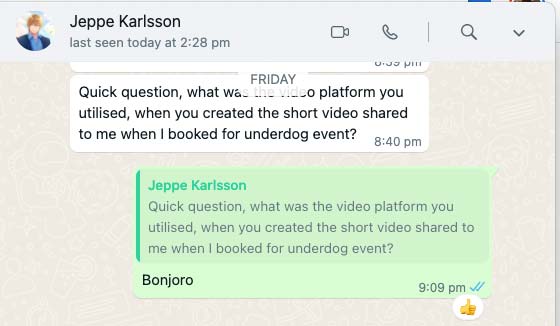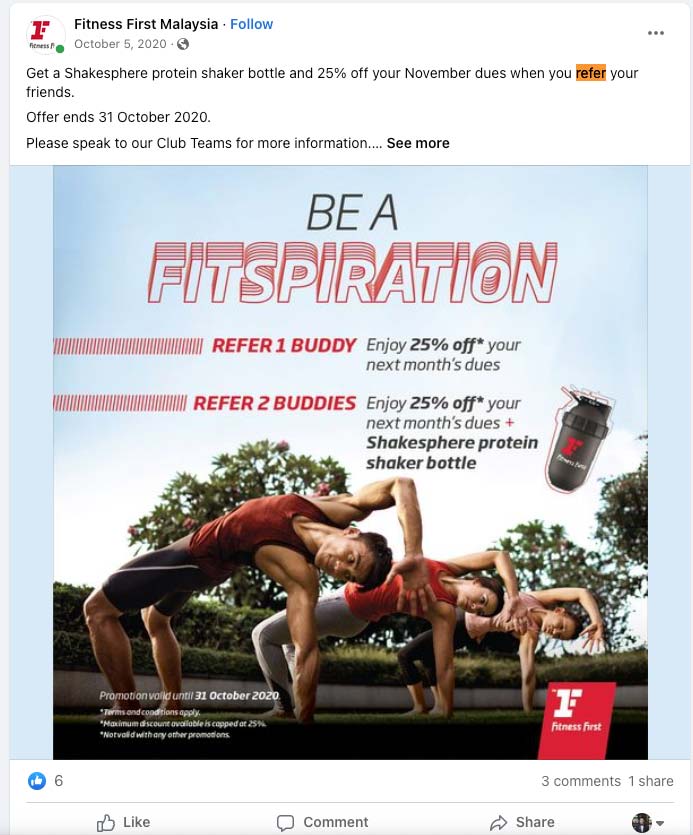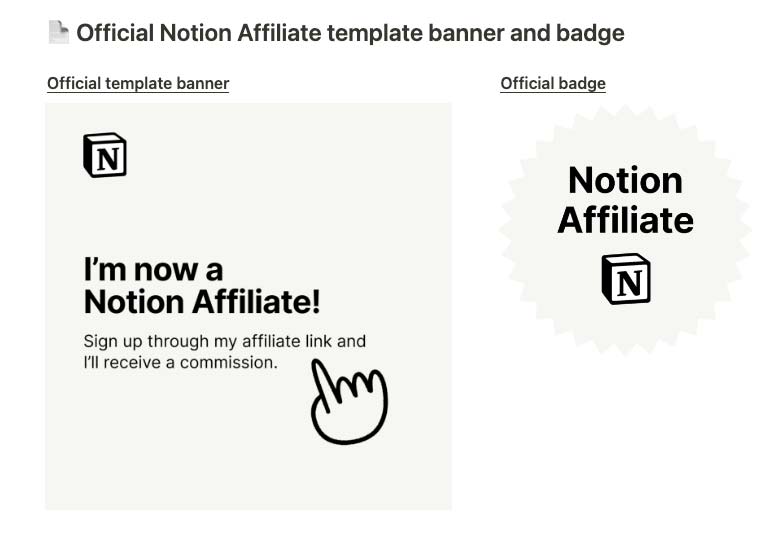You're missing out on your greatest source of customers.
If you're looking for an affordable method to get more customers, you need to try this.

Referral marketing.
Getting referrals from your existing clients is probably one of the best ways to build a sustainable business.
Instead of spending lots of money on ads – you literally get new clients at zero cost. (Okay, not totally zero. But still...)
The idea of referrals is so powerful for a business, that there are organizations built around referral marketing!
- Business Networking International (BNI)
- Junior Chamber's International (JCI)
But you don't have to join a referral network to start getting referrals. The best source of referrals is actually your customers.
Two reasons why most businesses don't do referral marketing.
- Lack of a system.
- Fear.
They don't have a system in place. When do you ask clients for referrals? How do you do it?
The fear of getting rejected. Afraid of appearing like begging for business. If clients even care about helping?
Get over it.
If you have a product or service that solves problems, then not having a referral system is you being selfish – for not allowing more people to hear and benefit from you.
This brings me to these facts on referrals.
5 facts about referral marketing.
1 . People actually love referring things.
When it makes them look smart and good. Remember telling your friend about a movie? Or maybe a cool restaurant you ate at?
If recommending something to someone increases our status, we'll do it.
2. You get more qualified clients.
Potential customers referred by your clients are usually more qualified because they have been pre-qualified for you.
3. Less price bargaining.
Referred customers also usually bargain less, probably because they don't want to look cheap or bad to the person who referred them to you.
4. It'll make you build a better business.
Your clients will only refer other customers to you – if your business is a great, respectable business that provides value.
That means, pursuing a referral marketing strategy in your business will also mean you'll work harder on building a better business.
Ready to get some referrals for your business?
What motivates your client to refer a customer to you?
All referral marketing comes down to this question.
People refer businesses, people, services, products, food, movies – you name it – if it makes them look good and feel good.
Nobody wants to refer something that makes them look bad.
Take me for example. I've been telling people a lot about Bonjoro, and how using it has helped me create a successful conference – because it makes me look like a smart marketer. I feel good telling other people about it.

How to build a referral marketing system.
Building a referral system in your business comes down to these 6 key things.
#1 - Do you deserve the referrals?
Nobody will refer customers to a business that does not provide value.
Put yourself in the shoes of a customer. Would you refer customers to your own business? If no – work on making your business better.
#2 - Make it an expectation.
Partly the reason why your customers don't refer customers to you, or find it hard to is that they didn't expect you would ask for it.
Let them know upfront (ideally when they first become a customer), that you intend to ask them for referrals.
Gyms do this all the time. The moment you become a customer, is when they begin asking for referrals.

Here's a script that you can send customers when onboarding them:
Hi [customer], thanks for getting [product/service].
I know you'll be happy with [the promised outcome]. At the end when you're satisfied, I'd love to ask you to introduce us 2 business owners like yourself – who would like getting the same type of result.
For now, let's get...
#3 - Make it easy for them.
Some businesses have great referral programs, but then screw it up by making it super hard for their customers to refer them.
Take for example, when you become an affiliate on Notion. They have graphics and banners all created for you!

#4 - Educate your referral sources.
"Hello dear client, please refer us customers."
And you expect your clients to know WHO your ideal customers are?
Your clients have enough things to worry about. Don't expect them to know who to refer you. Educate them and be super specific.
Are you looking for brick-and-mortar business owners for your digital agency? Or are you looking for busy corporate female individuals above 40 years old that you can help in your gym business?
#5 - Follow-up
If you ask your clients for a referral and they don't give you anything – do you stop?
Asking for referrals is like asking for a sale.
You need to constantly follow-up and remind your clients.
Set up automations to ask your clients a referral on autopilot using email marketing tools like SendFox or WhatApp automation like Otomate Me.
#6 - Create a win-win situation.
Make the deal sweeter for your clients when they refer customers. On top of feeling good or increasing their status, a little reward can help nudge your clients to refer other people.
Some ideas:
- Give them some freebies.
- Give them some airtime.
- Give them a discount/rebate.

Getting referrals without asking for it.
Of course if you're awesome – you might even be able to generate referrals without directly asking clients for it.
Here are some great methods to build that sort of referral system.
Networking. Most people go to networking events hoping to get customers. But you're smart. You go to events to receive business cards and think about who you can introduce those people to. The golden referral rule – "Givers gain. You'll get more referrals, if you give referrals."
Speaking. This is one way many entrepreneurs receive business. Instead of running ads, they appear as speakers in industry relevant events and conference, sharing their experience.
Workshops. Running workshops has been one of the ways I've gotten clients. With workshops, you get to spend more time with participants and that's right – educating them on who you can best help. Don't hard sell during workshops. One of my favourite ways is to ask the participants to opt-in to my newsletter to receive the materials from the workshop.
Final thoughts.
An effective referral strategy for any business should follow a systematic approach.
And if you've not guessed it yet – it also depends on the referral offer. What's in it for your client and the customer he's about to refer? Why should they care?
Here are action steps you can take:
- Identify clients who most likely will refer other business to you.
- Create a referral system. (How you plan to educate, ask and automate.)
- Measure the conversions.
- Implement a follow-up strategy.
Go get some referrals.
If you like this article, and want more like this – sign up for our free newsletter.
And yes, tell a friend about Daily CMO! In fact get them to join our discussion group – to learn more marketing and business.
